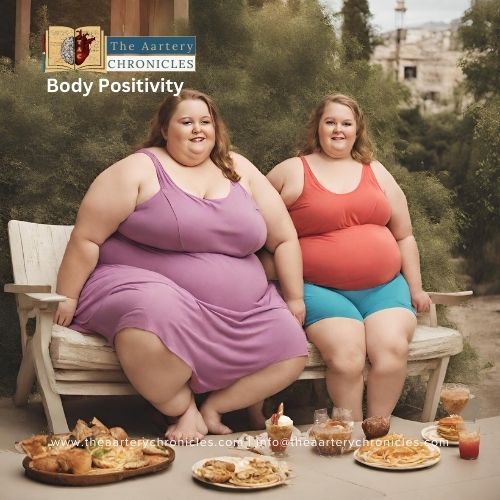

Nightmares After Cheese? Here's What Experts Found
We’ve all heard the old saying—“Don’t eat cheese before bed, or you’ll have nightmares!” For years, it was written off as a myth. But new research suggests there might be some truth behind this age-old belief.
A recent study by scientists from the Université de Montréal and MacEwan University explored the link between dairy products and disturbing dreams. Their findings, published in Frontiers in Psychology, shed light on how our nighttime snacks might be affecting our sleep.
Cheese and Sleep: What’s the Connection?
The researchers surveyed over 1,000 university students to investigate how different foods might impact their sleep quality and dream patterns. The results revealed a noticeable link between dairy consumption especially in people with lactose intolerance and poor sleep, including nightmares.
Interestingly, many participants who experienced disturbing dreams or fragmented sleep were also those who reported food sensitivities, particularly to dairy.
Why Lactose Intolerance Might Trigger Nightmares
One of the key findings was that individuals with lactose intolerance were more likely to have nightmares. This isn’t because cheese itself is spooky but because it can cause gastrointestinal discomfort like bloating or stomach pain. These physical sensations may disturb sleep and, in turn, influence what we dream.
Nightmare severity is strongly linked with lactose intolerance and food allergies. Changing one’s diet could help reduce disturbing dreams, especially in those with known food sensitivities.
Dr. Tore Nielsen, Lead researcher Tweet
What People Think About Food and Sleep
The study found that:
- About one-third of participants reported experiencing nightmares regularly.
- Women were more likely than men to recall their dreams and report food intolerances.
- Around 40% of respondents believed that eating late at night or consuming certain foods impacted their sleep quality.
- 25% felt that specific foods made their sleep worse.
Of particular note, sweets, spicy foods, and dairy were commonly blamed for triggering disturbing dreams.
What This Means for You
If you’re prone to nightmares and also sensitive to dairy, it may be worth adjusting your evening meals. The researchers suggest that people who suffer from regular bad dreams and who have food intolerances might benefit from changing their diet.
As Dr. Nielsen pointed out,
“Nightmares can wake people abruptly, cause anxiety, and even lead to sleep avoidance. If something as simple as skipping dairy can help, it’s worth considering.”
What’s Next in the Research?
Interestingly, fewer people today believe food affects dreams compared to a similar study done 11 years ago. One possible reason is increased awareness about food intolerances and better dietary choices.
However, scientists still need more evidence. The researchers hope to conduct controlled experiments like having people eat cheese or a non-dairy alternative before sleep to test whether it truly impacts dream content or sleep quality.
Conclusion
While we can’t say cheese causes nightmares for everyone, this study gives weight to the idea that what we eat especially for those with food sensitivities can shape our sleep. So, the next time you’re tempted by a late-night cheese platter, you might want to think twice.
Source: Inputs from various media Sources

Priya Bairagi
Reviewed by Dr Aarti Nehra (MBBS, MMST)
I’m a pharmacist with a strong background in health sciences. I hold a BSc from Delhi University and a pharmacy degree from PDM University. I write articles and daily health news while interviewing doctors to bring you the latest insights. In my free time, you’ll find me at the gym or lost in a sci-fi novel.








